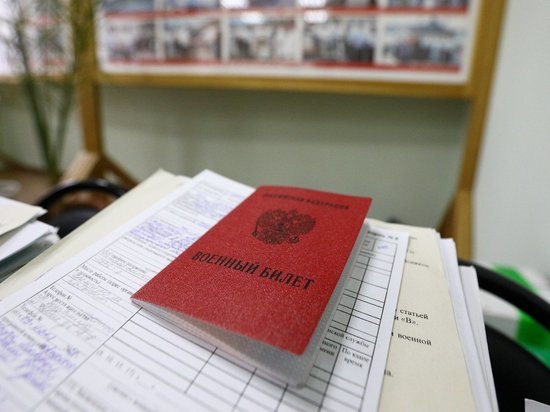The expert appreciated the authorities’ attempt to keep jobs mobilized
[ad_1]

It is assumed that those who receive the summons will not have to look for a job upon their return.
The government is preparing additional support measures for citizens who have fallen under partial mobilization. Mikhail Mishustin stated this at an operational meeting with his deputies on Monday, September 26. The main one is the preservation of their jobs for the mobilized.
Russians who fell under partial mobilization can be calm. Their jobs, which they are forced to unexpectedly vacate, leaving on conscription, will be waiting for them. And they will be able to return to their usual production duties after demobilization. The employment contract with the employee for this period is not terminated, but suspended.
The relevant government decree has already been signed. And literally tomorrow its provisions will be enshrined in a federal law submitted to the State Duma.
At the same time, citizens mobilized from September 21 of this year should receive all payments due to them by the time the employment contract is suspended. Which occurs upon presentation by the employee of the summons for the call for mobilization. Such workers subsequently receive the status of a serviceman, they are provided with all the guarantees of contractors. And the passage of service is included in the length of service.
According to the clarification of the press service of the Ministry of Labor of the Russian Federation, the employment contract is also suspended in cases where the conscript is employed on an urgent basis or is on probation.
In general, mobilized Russians can go to the troops with peace of mind, their homeland will not leave them. True, given the speed of mobilization in some regions of Russia, when a conscript is sent for military training on the same day, it can be assumed that not all of them will have time to receive the cash payments due to them from the employer. And even present a summons from the military registration and enlistment office.
– In the history of our country, such precedents have already happened – with a guarantee of the preservation of jobs for conscripts? we asked Pavel Kudyukin, a member of the Council of the Russian Confederation of Labor.
– In fact, when you are called up for military service, your job is not saved. This is clearly spelled out in the Labor Code. We have not had mobilization since 1941, but then it was not partial, but general, – he explains, – As far as I know, the workplace was not saved, after the war people were looking for work. Although in those conditions it is rather appropriate to say that the work itself found applicants, there was a large shortage of labor resources in the economy. On the other hand, university students and students of secondary specialized institutions after the war were restored to those courses from which they were called up for mobilization.
– But these are things of bygone days … Is the document adopted by the government in demand in today’s conditions? Given the problems in the economy, when firms and companies can completely leave the market for some time …
– Of course, a person who has fallen under partial mobilization must be sure that after returning he will not have to look for a job, to beat the thresholds of employment services. Even with the problems you’re talking about. He did not leave the workplace himself, of his own free will … A person will return not to the void, but to his enterprise.
– To consolidate this mechanism, probably, it will be necessary to adopt other laws?
– A government decree is enough. Another thing is how it will be implemented in practice. The employer has an extra headache – he will have to take on another employee under a fixed-term contract, during the absence of the employee. At the same time, no one knows the exact time of absence of an employee.
But strictly speaking, there is nothing new here, everything is spelled out in the Labor Code. It may simply happen that a temporary employee turns out to be more valuable and qualified for the company than his mobilized predecessor. The head of the company must decide how to allow (not reinstate, namely, allow) the demobilized to work. But such collisions at enterprises often occur, and without any mobilization. For example, in cases of maternity leave for women. So there is no problem here.
[ad_2]
Source link






